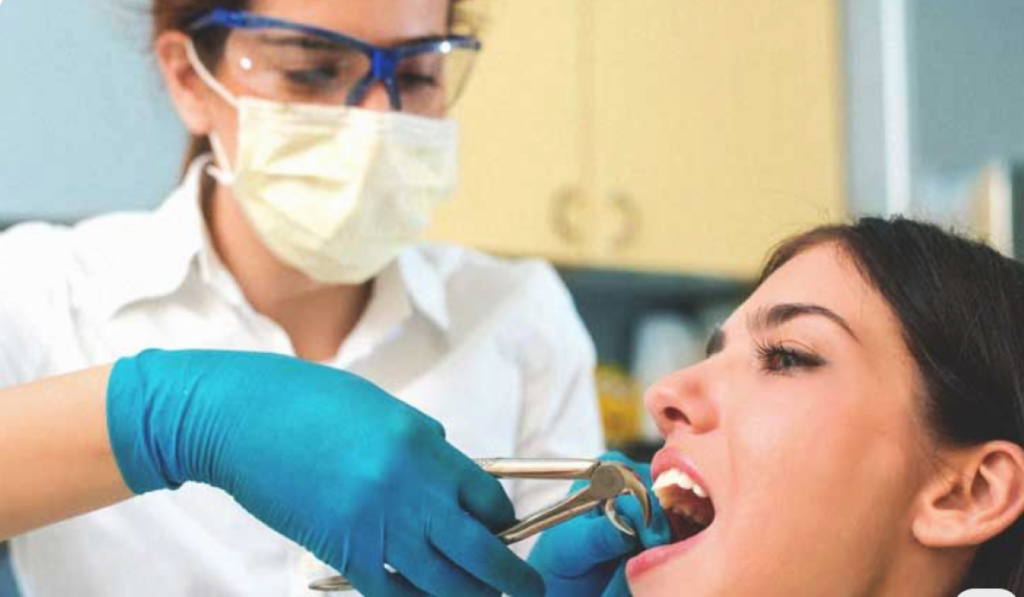When a tooth is severely damaged, infected, or impacted, extraction may be necessary to protect your health. At Dental Arts, we offer safe, professional tooth extractions in Toronto including simple, surgical, and emergency procedures using gentle techniques, modern sedation, and complete aftercare guidance.
We’re proud to serve patients across Bedford Park, Lawrence Park, North Toronto, Forest Hill, Allenby, Lytton Park, and the Toronto Downtown Core, including South Etobicoke.
Types of Extractions We Offer
Our dental team provides all major types of tooth extractions, including:
- Simple Extractions – for fully erupted teeth
- Surgical Extractions – for impacted, fractured, or partially erupted teeth
- Wisdom Tooth Extractions – proactive or emergency removal of third molars
- Emergency Extractions – to relieve pain or infection
- Pediatric Extractions – for retained or problematic baby teeth
Whether your extraction is preventive or urgent, we prioritize comfort and clarity every step of the way.
Techniques & Technologies Used
To ensure accuracy, safety, and comfort, we use:
- Digital X-rays or CBCT scans for treatment planning
- Local anesthesia for a pain-free procedure
- Sedation options (oral or IV) for anxious or surgical cases
- Surgical elevators and forceps for precision removal with minimal trauma
Materials & Medications Involved
Your procedure may involve:
- Local anesthetics to numb the site
- Sterile gauze and hemostatic agents to control bleeding
- Sutures (dissolvable or non-dissolvable) for surgical extractions
- Pain relievers and anti-inflammatory medications
- Antibiotics, when medically necessary
Your comfort and healing are always our top priorities.
Tooth Extraction Cost in Toronto
Tooth extraction pricing varies by case complexity:
- $300–$600 for surgical extractions
- Simple extractions may cost less depending on the number of teeth and sedation
We provide full cost breakdowns at your initial exam and assist in checking insurance eligibility.
How Long Does It Take?
Most tooth extractions take between:
- 15–30 minutes for simple extractions
- 45–60 minutes for surgical or impacted wisdom teeth
If sedation is used, we allow additional time for monitoring and safe recovery.
What’s Included in a Tooth Extraction Appointment?
Your visit includes:
- Initial exam and consultation
- Digital X-rays or CBCT imaging
- Local anesthesia or sedation
- Tooth extraction procedure
- Post-op instructions and take-home care kit
- Suture removal or follow-up visit (if needed)
We’ll walk you through each step before and after the procedure.
Tooth Extraction Aftercare Guidelines
After your procedure, we recommend:
- Soft foods only for the first 24–48 hours
- Saltwater rinses after the first day to cleanse the site
- Avoiding smoking, straws, and vigorous spitting to prevent dry socket
- Using ice packs and prescribed pain medication as directed
- Returning for a follow-up checkup or suture removal if applicable
Our team is always available to support your recovery.
Tooth Extractions Near You — Serving Toronto’s Communities
Dental Arts provides trusted extraction services to patients in:
- Bedford Park
- Lawrence Park
- North Toronto
- Forest Hill
- Allenby
- Lytton Park
- Downtown Toronto
- South Etobicoke
We offer both routine and emergency appointments so relief is always close by.
Why Choose Dental Arts for Tooth Extractions?
- Comprehensive Extractions: Simple, surgical, emergency, and wisdom tooth removal
- Advanced Technology: Digital X-rays and CBCT for precise planning
- Sedation Available: Oral or IV sedation for your comfort
- Full Aftercare Support: Healing kits, follow-ups, and pain relief guidance
- Serving Toronto’s Top Neighborhoods with professionalism and compassion
Tooth Extraction FAQs
No, we use local anesthesia and offer sedation for extra comfort. You’ll feel pressure, not pain.
In many cases, yes, we’ll discuss implants, bridges, or dentures depending on your situation.
Most patients return to work or school within 1–2 days, depending on the complexity of the procedure.
Dry socket occurs when the blood clot is dislodged to avoid straws, smoking, and spitting during the first few days to reduce risk.



